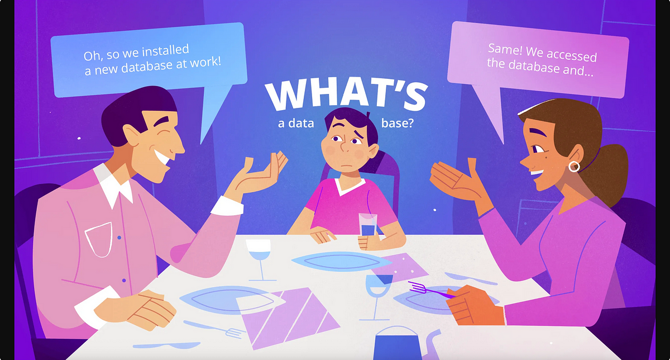Medium
2M
422

Image Credit: Medium
What’s a database anyway?? A blog post for kids
- A database is something everyone uses to organize and retrieve information, like searching for a book at the library or browsing TV shows.
- Our minds also function like databases, storing memories based on importance and allowing quick access to information.
- Human minds excel at language understanding, while machines require precise instructions in a database language to function efficiently.
- Database languages bridge the gap between human communication and machine comprehension, ensuring accurate data processing.
- Thinking like a database, assigning values and criteria to choices, can improve decision-making and understanding others' perspectives.
- Utilizing database principles can enhance problem-solving skills and lead to better interpersonal relationships.
- In a fun analogy, planning a camping trip using database-like thinking can help select the most suitable campsite based on predefined criteria.
- Database queries, when formulated correctly, provide accurate responses and can adapt easily to changes in data.
- Understanding databases simplifies their function and showcases how structured data management improves decision-making processes.
- Database interaction fosters critical thinking skills and enhances analytical abilities, contributing to more effective problem-solving.
Read Full Article
25 Likes
For uninterrupted reading, download the app